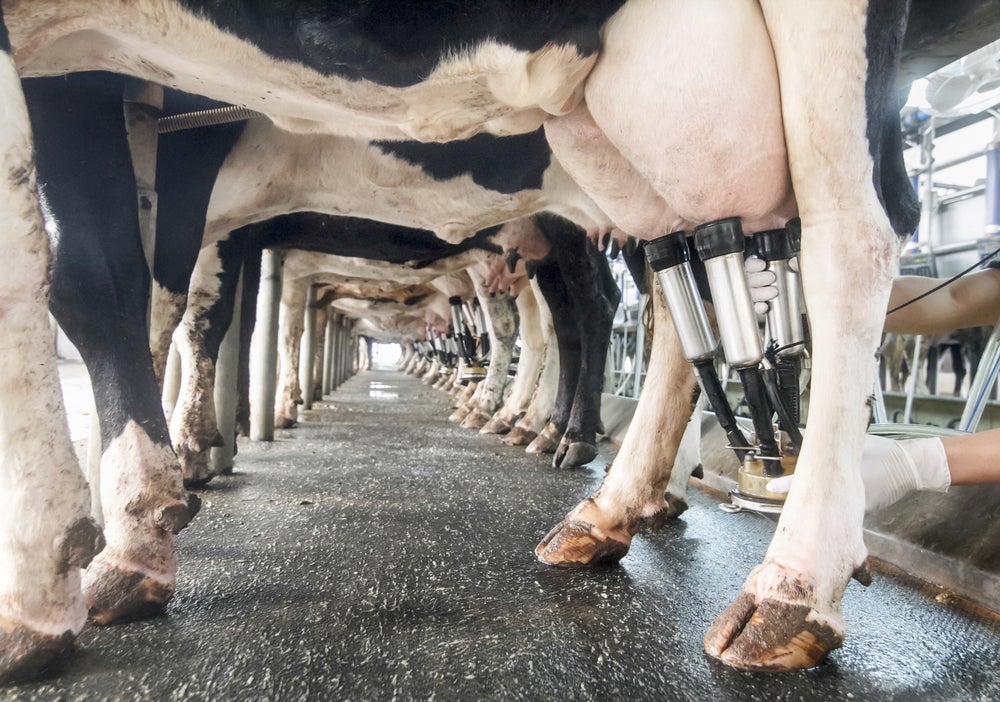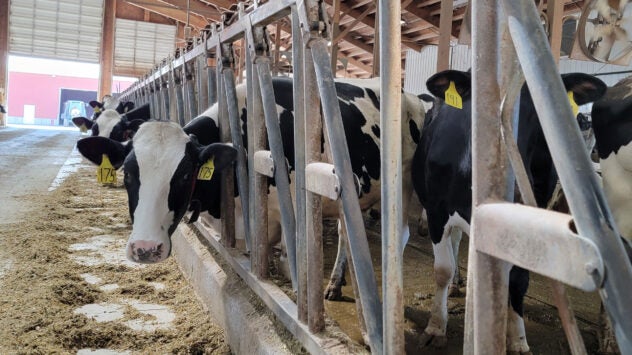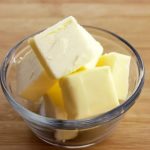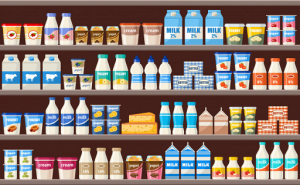
On April 21, Reuters reported that the U.S. Food and Drug Administration suspended “a quality control program for testing of fluid milk and other dairy products.” They say this information comes from an internal email to FDA’s “network laboratories” from the Division of Dairy Safety.
This email hasn’t been verified by any other news site, but has been widely reported on. Just a few days after this story was published, it had become the topic of several viral TikToks and many news stories, with the majority of them (especially social media) implying (if not outright claiming) that this means our Grade A milk (the fluid milk we drink) is not guaranteed to be safe.
Other claims and “recommendations” are that consumers should only purchase from select brands who independently test milk, switch to milk alternatives, only purchase certified organic milk, and even purchase only milk that has been pasteurized a certain way.
Even if some of the articles don’t explicitly say these things, they very strongly imply that milk testing has just stopped altogether. So what’s really going on?
There’s a lot about this story that is being spun into myths about the safety of our food supply. Understandably, hearing this news makes people a lot more leery about their food supply, but this is only due to social media posts and exaggerated news articles telling people to be worried or watch what kind of milk they drink.
Here’s the main real fact you should know: Yes, milk is still being tested.
What the FDA suspended is called lab proficiency testing. This is not the same as routine milk testing. Proficiency testing was a check for laboratories where the goal was to ensure that FDA-affiliated labs could accurately analyze milk samples. Labs would test milk samples sent to them by the FDA, which were spiked with microbiological, animal drug, and chemical contaminants. The FDA would check to see if each lab’s results matched their reference samples.
The proficiency testing was an internal tool to evaluate whether labs were accurate. Many of these labs are already evaluated by third-party groups to ensure proficiency, meaning that many labs are already doing this through other groups. The FDA did not suspend all milk testing, just this proficiency testing for labs.

Roberta Wagner, senior vice president of regulatory and scientific affairs at the International Dairy Foods Association, agreed, saying, “The FDA is actively evaluating alternative approaches for its annual evaluation of laboratories that test required Grade A milk samples, which is the purpose of proficiency testing and evaluation programs. FDA will keep all participating laboratories informed as new information becomes available.”
This means the FDA is already looking into an alternative for the suspended proficiency testing.
Yes, milk is still completely safe to drink and will remain that way.
To fully understand all of this, it’s important to know how milk is actually tested.
The U.S. has what’s called the Pasteurized Milk Ordinance, which originated more than 100 years ago. This ordinance governs the processing, packaging, and sale of Grade “A” milk and milk products. Milk is tested at all stages before it gets to the store. Samples are taken and tested on-farm before the milk even leaves, during the transportation process, and again at the processing plant. Tests can be completed multiple times at each of these stages.
All milk you purchase is tested multiple times to ensure the highest standard of quality and freshness — plus it all happens in about 48 hours between the cow and the grocery store. Tests are completed by both state and federal regulators, so testing happens many times and by different groups that have the best interests of food safety in mind.

You can be absolutely sure that there are never antibiotics or contaminants in your milk and that milk is completely safe to consume. This type of routine testing is completely unaffected by the FDA’s suspension.
Unfortunately, the damage might already be done.
Several viral social media videos have been popping up surrounding this topic. It doesn’t take much for people to doubt food safety, especially if it’s coming from what might seem like a reputable source.
These videos have millions of views and hundreds of thousands of likes and often feature someone who seems like they’ve done their research or is an expert in the field. Many of the claims made in these videos are completely wrong and very sensationalized. At the very least, the people behind these videos are being intentionally vague about what test the FDA suspended. The reason for this is likely to grab attention and increase views and engagement. People are much more likely to interact with something like this, especially when those behind the videos are preying on the fact that viewers want to keep themselves and their family safe and healthy.
So what can you do about it? First learn the facts by doing some real research from trusted and verified entities. Be sure that these sources are not intentionally and overtly biased against animal agriculture or any other sector of our industry. Next, be sure to share the message and actual facts.
Since the damage might already be done, be sure your friends, family, neighbors, and others know the real story. If you’re in ag (especially if you’re a dairy farmer), you can serve as a way to connect others to the truth because you really are a reputable source. Lean into your own skills and connections to tell people the truth, that milk is completely safe. This is just a small example of the power social media and the news holds, and it can have a major impact on ag. Let’s make sure that impact is a good one.
You can now read the most important #news on #eDairyNews #Whatsapp channels!!!
🇺🇸 eDairy News INGLÊS: https://whatsapp.com/channel/0029VaKsjzGDTkJyIN6hcP1K























